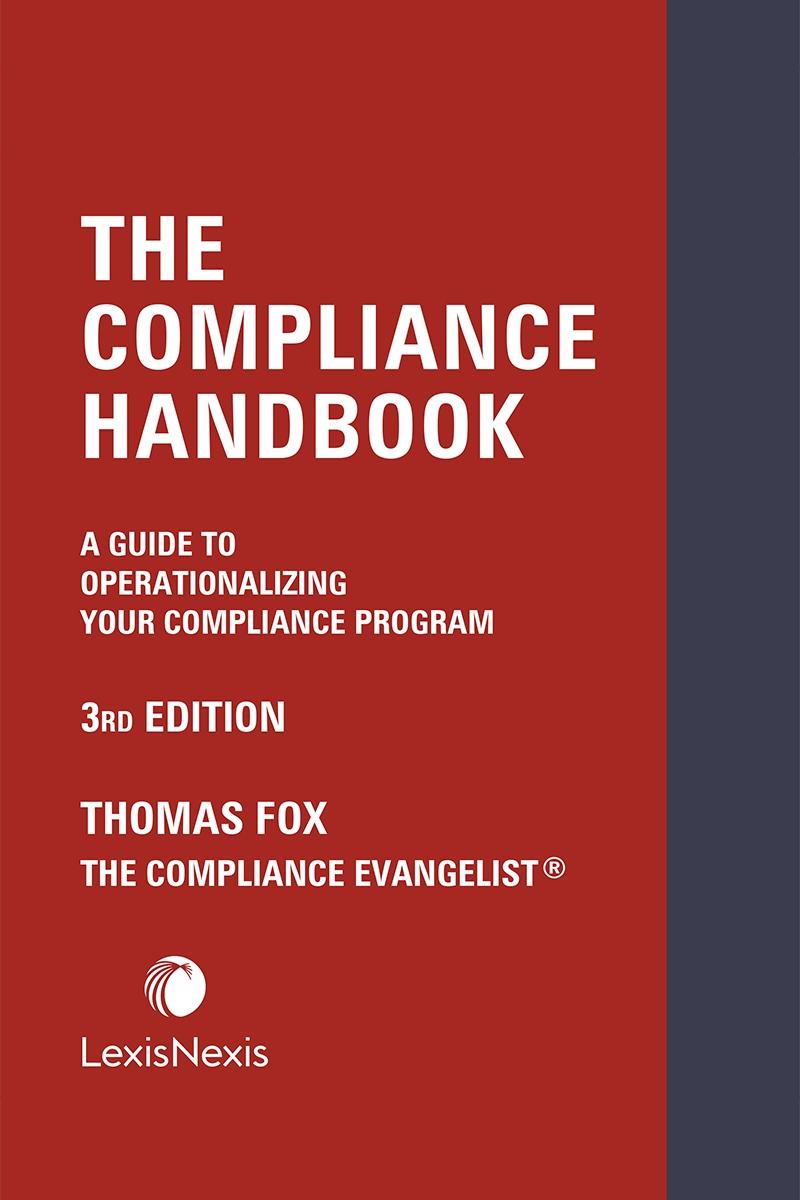The first 100 days. Franklin D Roosevelt’s first term is the standard by which all other Presidents are measured for their first days in office. Why? It is because FDR not only hit the ground going full speed but also passed legislation that changed the shape of America for years to come. While the first thing he did was declare a Bank Holiday to save the nation’s banking system, he also passed significant legislation to stem the effects of the Great Depression. These bills included the Agricultural Adjustment Act, the Federal Emergency Relief Administration, the Civilian Conservation Corps, and the National Industrial Recovery Act. He also enacted the Truth-in-Lending and Glass-Steagall Acts to help regulate the stock market, whose collapse had heralded the economic downturn. Even if these acts did not turn the tide of the Great Depression, they gave people hope because at least it appeared FDR was doing something to fight the economic calamity.
Now imagine that you finally can secure a new position as Chief Compliance Officer in the compliance field. Every company believes that they are ethical and do business ethically, but what are some things you can do in your first 100 days? Hopefully, you will not be dropped into a corporate situation as dire as the one FDR faced for the US in 1933, but the reality is that many new heads are still judged on these mythical first 100 days.
One obvious thing to generate success in the corporate world is to have a good relationship with your boss. You should have important conversations around expectations, working style, resources, and personal development. To facilitate these discussions, the following points are posited:
- There is no value in trashing the existing compliance program.
- You need to drive the discussions with your boss.
- Your boss is looking for solutions, not problems.
- Your boss is not interested in running through your checklist of things to do.
- Make sure you connect with the people your boss values and admires, such as their mentor.
- Set expectations.
These first 100 days will be a time of very high stress. This may well be compounded by your travel schedule and working very long hours to try and fulfill the concepts. The right advice-and-counsel network is an indispensable resource. Use your outside network of mentors, coaches and friends you have developed over the years to discuss your part at the company and what you have been experiencing. The key is to use whatever resources are available to you during your first 100 days.
Just as FDR accelerated his actions during his first 100 days, a large part of his success was that he accelerated those around him. You should take this key component of FDR’s success to heart in your new role. Get your direct reports, bosses, and peers to accelerate their transitions. The fact that you are in transition means they are too. The quicker you can get your new direct reports up to speed, the more you will help your performance.
It is difficult to imagine today a harder situation than the country faced when FDR came to power in 1933. The task must have seemed overwhelming. Starting a new compliance leadership position at a new company can seem equally daunting. You need to not only think through your steps going forward but also how to execute them for maximum performance in this early part of your corporate career.







